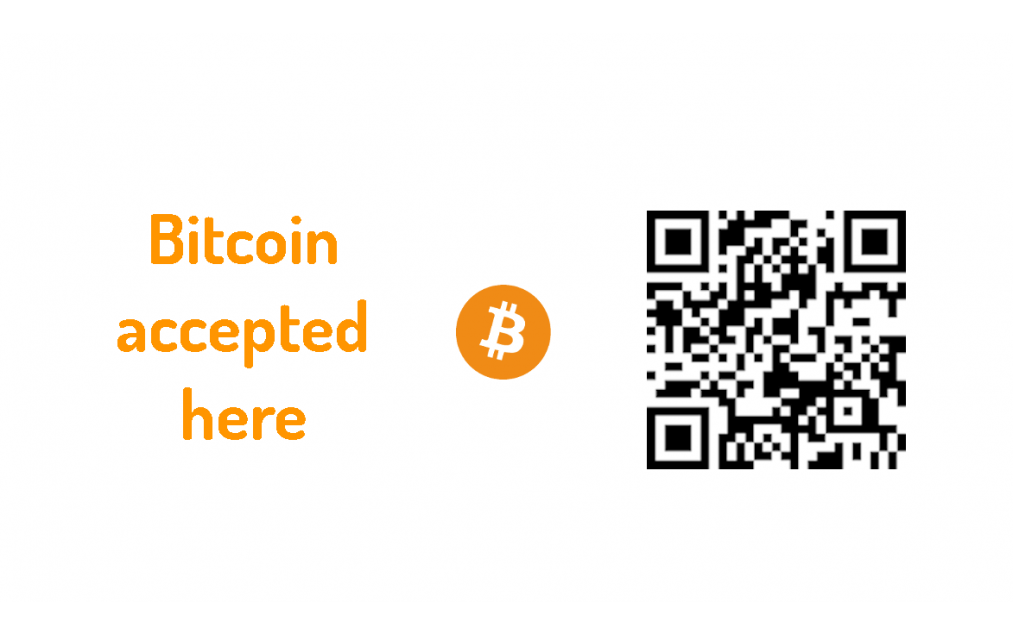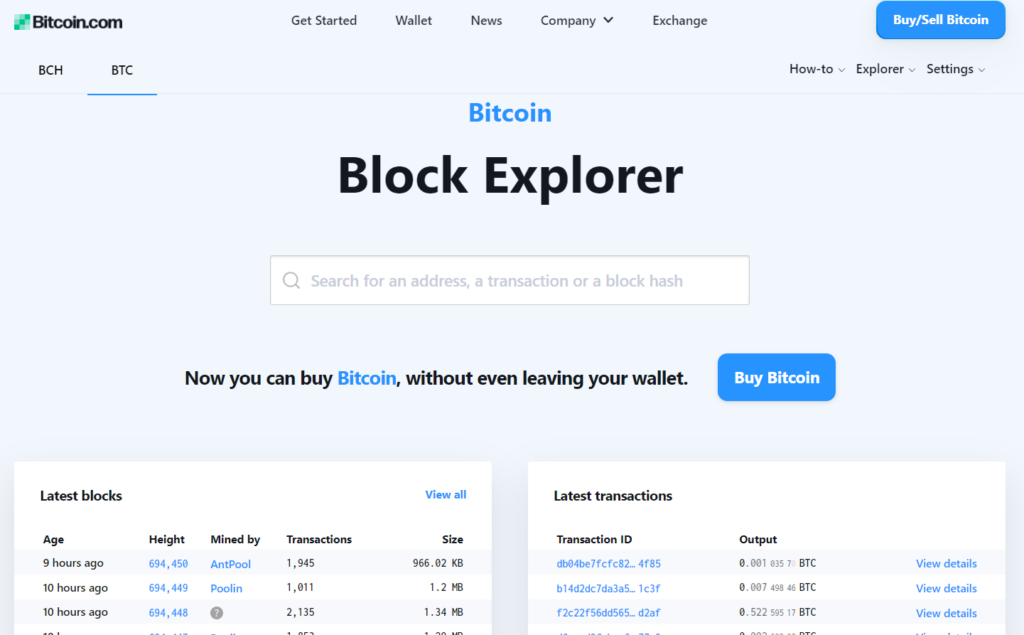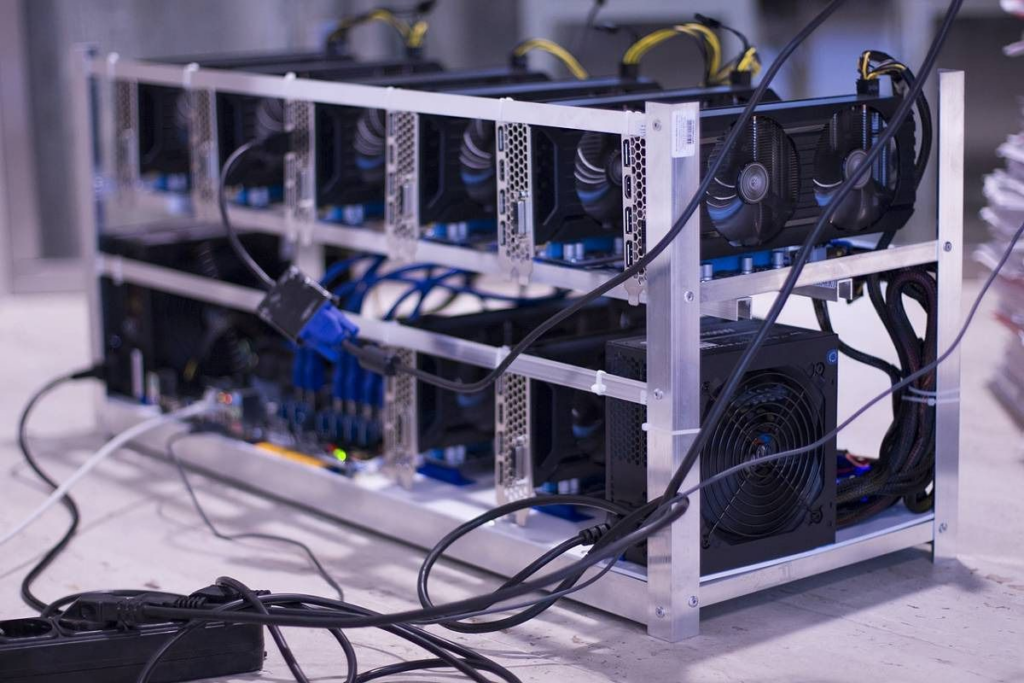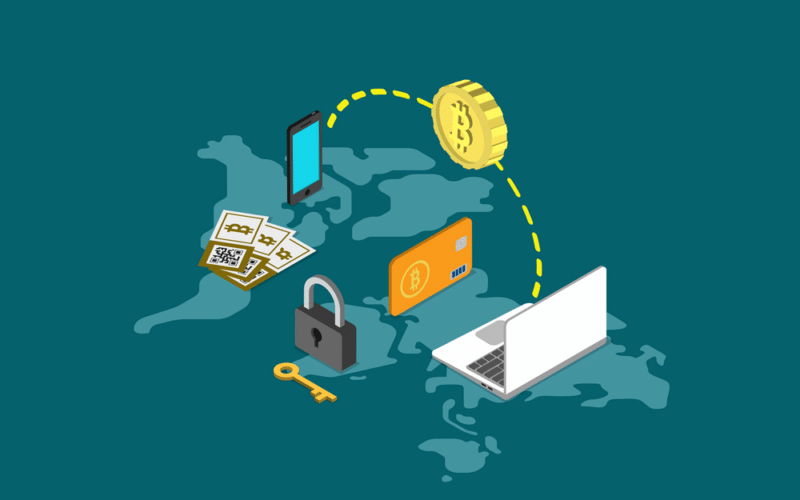If it hadn’t been for Bitcoin, other cryptocurrencies would not have had such a boom in the recent months. However, despite the bombardment of information, many people worldwide are not aware of this digital asset.
A Bitcoin transaction is a movement of digital currencies from one wallet to another, forever recorded in the blockchain. Just as for banks, the speed and reliability of transactions are critical to the cryptocurrency operating system.
Did you know that you don’t need intermediaries to send and receive this currency? Well, being a decentralized system, there is no need for the service of a third party.
Our article looks at how BTC transactions work and why they are now so famous and significant.
Bitcoin transaction characteristics
Let’s look at the following properties of a Bitcoin transfer.
They are irreversible
Once a transaction has been confirmed, it is impossible to cancel it because no centralized entity controls the network. The downside of this is that there is no help if you make a mistake and send money to the wrong address. As soon as the money leaves your wallet, there is no way back.
Executed under pseudonyms
Bitcoin transactions and wallet accounts are not connecBitcointed to any human identity. For example, a wallet address is a string made up of 30 characters. Thus, while it is possible to track and analyze the flow of transactions, connecting them to real-world user identities is not always possible.
Performed rapidly on a global scale
A BTC transaction is conducted almost instantly on the Bitcoin network. Since the blockchain is made up of a network of computers located worldwide, transactions can be made almost anywhere. So, for example, you can send money to your next-door neighbor or send money to the other side of the world.
For many, one of the main advantages is that you do not need banks’ services to send money to other countries. We know this is a big problem for people who send remittances to relatives or companies that hire freelancers who must pay high commissions for transactions.
Security
Only owners of a private key can send BTC to the address of another wallet. When funds are sent, they are transmitted to the network, where miners confirm their validity before adding them to the blockchain. This decentralized process ensures that no one can take your transactions and siphon your funds.
What do you need to send Bitcoins?
Sending and receiving bitcoins is almost as simple as using cash. All you need is someone to send and someone to receive an amount.

Of course, both people must have a digital wallet and know the public address. If the people are in the same place, you can also scan the QR code.
Tracking and verification
First, the transaction is sent to the holding area until a miner selects it. The miner must ensure that the transaction is valid. It does this by checking that the sender’s wallet has sufficient funds to be able to execute it.
How can funds be tracked to see if they have been confirmed or received by their recipient? Through the block explorers. You can go to explorer.bitcoin.com/btc to check.

To start, you must enter the TXID of the transaction in the search bar. TXID is the identification number used to track transactions on the blockchain; with this, you can know the status of the transaction, rate, and more.
How long can a Bitcoin transaction take?
Ideally, a transaction should be confirmed within minutes. However, some people have to wait longer for confirmation and receipt of funds.
Why can some transactions take longer than average? First, it is essential to know that miners must verify each transaction on the blockchain. To achieve this, they must group transactions into blocks and add them to the blockchain.

Sometimes, transactions need more time to be confirmed because of the traffic on the network, leaving hundreds of them unconfirmed for longer than usual.
Pros of Bitcoin transfers
- Anonymity: Bitcoin allows users to transfer money while maintaining their anonymity, at least in theory. Traditional money transfer methods do not let you do it.
- Peer to peer: users can send and receive payments without the approval of any central authority.
- No banking fees: you can store Bitcoin in a wallet for as long as you want without having to pay anyone any maintenance fees. Most of the costs when using BTC to make transactions are withdrawal fees.
Cons of Bitcoin transfers
- Transactions can be slow: There are times when transactions take much longer than expected; this usually happens when there is a lot of data traffic on the network.
- Volatility: There is inherent volatility in the Bitcoin market that significantly affects its use in small transactions and payments.
For example, just because a store has a price of $10,000 in Bitcoin for a product does not necessarily mean that they will get the $10,000 value when the transaction settles. Frequent volatility is a must for investors, but it is a disadvantage to payments.
Conclusion
There is no doubt that the adoption of cryptocurrencies continues to increase. However, many people still distrust and ignore this technology that is revolutionizing the world. The distrust is mainly due to price speculation and attempts by governments to block crypto-asset buying and selling platforms.
Experts in the crypto world expect that more companies and small businesses will become interested and accept payments in Bitcoin and other currencies in the next few years. People need to know how the blockchain network works and all the advantages of using it.
Of course, not everything is rosy for Bitcoin. One of the main problems is scalability. The transfers work with expensive equipment and must be turned on in properly conditioned spaces.
Remember that buying and selling cryptocurrencies carries risks but can also have benefits.







